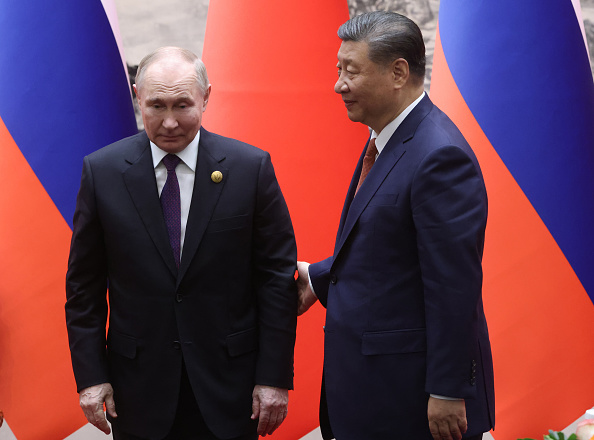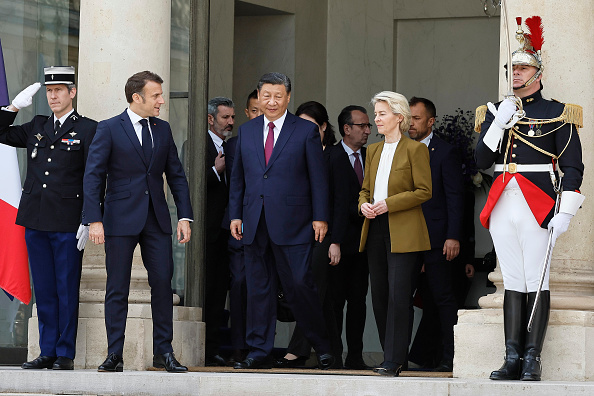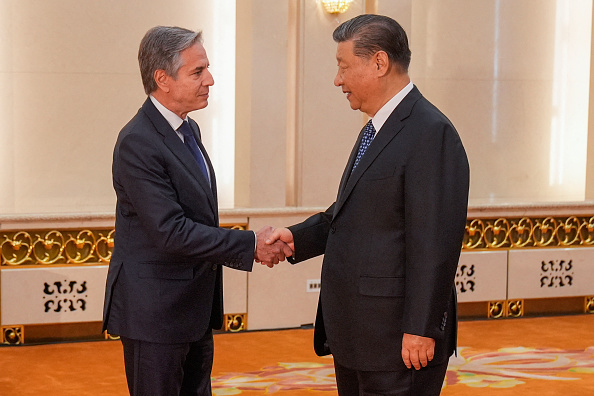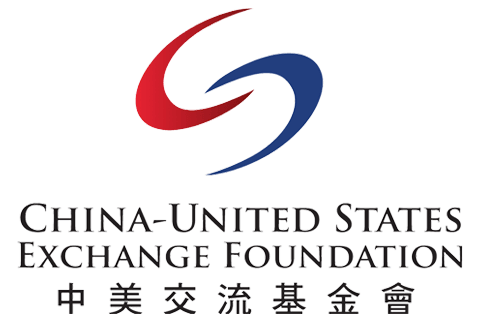
Dear Focus Reader,
This week, across the strait from China's eastern coast, William Lai Ching-te was officially sworn in as Taiwan's new president, after winning the election in January. The inauguration ceremony, marked by a 21-gun salute and attended by dignitaries from around the world, set the stage for Lai's assertive yet conciliatory address. Lai called on Beijing to abandon its aggressive stance and engage in dialogue, emphasizing the self-governed island's commitment to its democratic principles and the status quo.
As China continues to assert its claim over Taiwan, Beijing's response was swift and unequivocal. Foreign Ministry spokesperson Wang Wenbin reiterated that "Taiwan independence is a dead end," underscoring Beijing's stance that any push for independence is destined to fail. Additionally, just days after Lai's inauguration, Beijing kicked off its largest military drills surrounding Taiwan in more than a year, which are designed to test its ability to "seize power" over the island, according to the People's Liberation Army.
Lai's presidency promises a continuation of Tsai Ing-wen's cautious approach, balancing a firm defense posture with a call for dialogue. His administration is expected to bolster Taiwan's defenses through advanced military imports and regional partnerships, particularly with the U.S. and Japan, balancing the delicate line deterrence and diplomacy in the cross-strait dynamic.
Taiwan also remains a contentious topic between China and the U.S., and Beijing has frequently accused Washington of undermining the "One-China Principle," an agreement that recognizes the PRC as the sole legal government of China, while allowing for informal relations with the island. But despite tensions with Beijing, United States Secretary of State Antony Blinken extended congratulations to Lai, emphasizing Washington's desire to maintain peace and stability in the region. In the meantime, China's Foreign Ministry urged the U.S. not to schedule any congressional visits to Taiwan, stating that any consequences that arise because of this "must be borne by the U.S."
For more on international relations, stay up to date on our latest Focus content, including topics on Putin's China trip, Xi's European tour, and China-U.S. relations.
The number of tons of oil China imported in 2023, underscoring its position as the largest oil importer of the world over the last decade.
Learn more in "What China Can Deliver to the Middle East," by Jin Liangxiang, Senior Research Fellow, Shanghai Institute of Int'l Studies.
The Chinese Bao, a Bite of Happiness | Tasmin Little
Watch VideoIn our Focus Insights section, we shared an article by Xiao Bin, Deputy Secretary-general at the Center for Shanghai Cooperation Organization Studies at the Chinese Association of Social Sciences, where he shares his insights on the potential significance of President Putin's visit to China for China-Russia relations.
We want to hear from you:
What role do you think cooperation between China and Russia will play in shaping global geopolitics and the evolving international order?
Submit your thoughts to USeditor@chinausfocus.com for a chance to be featured in next week's Focus This Week.
useditor@chinausfocus.com for more info.
Prepared by China-US Focus editorial teams in Hong Kong and New York, this weekly newsletter offers you snap shots of latest trends and developments emerging from China and the U.S. every week. It is a community space to exchange thoughts and ideas about the China-U.S. relationship and beyond.
- 2024-05-17 Focus This Week: Alliance Strengthened
- 2024-05-10 Focus This Week: Strategic Partnership
- 2024-05-03 Focus This Week: Xi's Heading to Europe
- 2024-04-26 Focus This Week: Advancing Relations
- 2024-04-19 Focus This Week: Collective Concerns
- 2024-04-12 Focus This Week: Regional Coordination
- 2024-04-05 Focus This Week: Diplomatic Engagement
- 2024-03-29 Focus This Week: Economic Goals
- 2024-03-22 Focus This Week: Promoting Exchange
- 2024-03-15 Focus This Week: TikTok's Time Ticks
- 2024-03-08 Focus This Week: Setting Targets
- 2024-03-01 Focus This Week: Policy Preparations
- 2024-02-23 Focus This Week: Seeking Momentum
- 2024-02-16 Focus This Week: Global Security
- 2024-02-09 Focus This Week: Economic Hits
- 2024-02-02 Focus This Week: Working Groups
- 2024-01-26 Focus This Week: Laying the Groundwork
- 2024-01-19 Focus This Week: A Charm Offensive
- 2024-01-12 Focus This Week: Global Impacts
- 2024-01-05 Focus This Week: New Prospects



